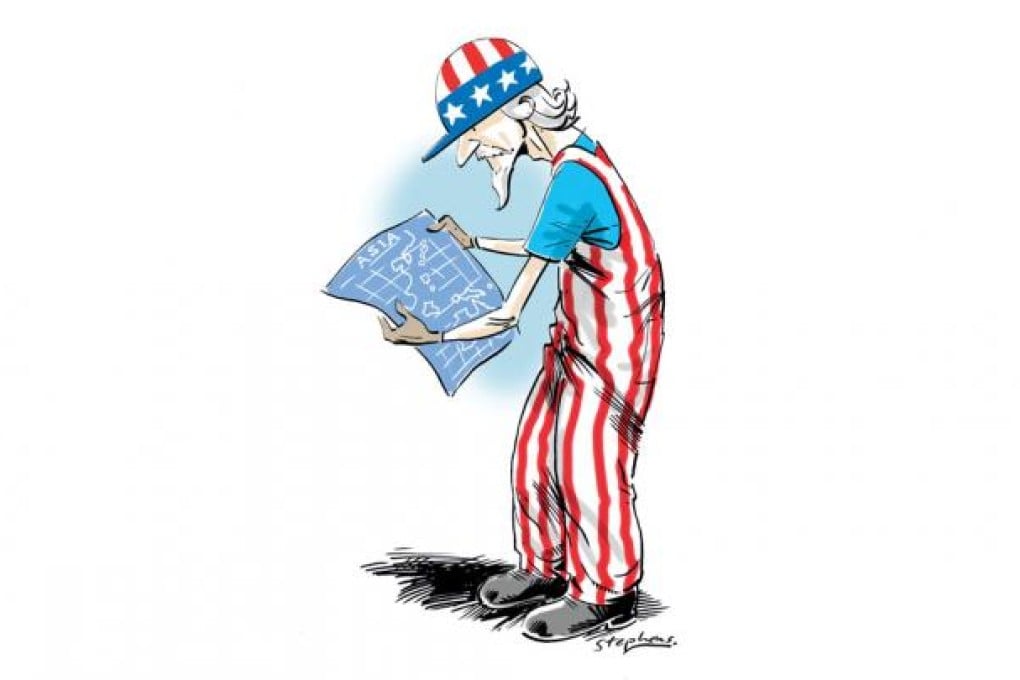US must learn how to lead
Ralph Cossa and Brad Glosserman say there can be no doubt America remains a global power, but in the more complex world of co-operation and competition today, what counts is leadership

Any discussion of US foreign policy begins with an understanding and appreciation of American "power" and influence in an evolving and uncertain world. The conversation often starts with the assertion that the US is the "indispensable nation", as President Barack Obama insisted in the candidates' foreign policy debate. But the debate about US power and purpose glosses over the more important issue - that of leadership.
While considerable ink has been spilled over the first two items, precious little attention has been given to the third. In fact, the tendency is to conflate them and to assume that power is leadership. That sort of reasoning is lazy, wrong and dangerous. We need to explore the meaning of leadership on its own terms if a discussion of US power is to bear fruit.
This conversation has assumed greater importance in Asia as the US embraces foreign and security policies that put the region at the top of the list of US priorities; and as Asian officials and analysts witness the rise of China, and watch with no small amount of exasperation the spectacle of Washington Beltway politics. US interlocutors have done their best to quiet Asian concerns about US disengagement.
Sanity may well be just around the corner; after the election, US politicians will probably strike a deal that stabilises the US fiscal situation and provides reassurance that America's "rebalancing" towards Asia is not a hollow promise.
But a budget deal will address just one small element of a much larger issue: the nature of American power and leadership in the 21st century.
Let's be clear: by just about any measure, the US remains the most powerful nation on the planet. Its military remains superior by orders of magnitude to that of any competitor. For all the difficulties of the past few years, the US economy remains twice as large as China's and on a per capita basis China won't catch up for decades - if ever. The US remains the source of innovation and entrepreneurial energy and the destination of choice for students seeking a top-ranked education and the freedom to use that education to better themselves and the world.
And yet for all that power and influence, one vital fact remains: the US cannot dictate international outcomes. Americans (and others) may fancy ourselves a global policeman or the "indispensable power", but America's ability to construct solutions to foreign policy problems is much more limited. The US tends to emphasise strength, when the real issue is leadership. There is a simple way to differentiate between them: strength is the ability to blow things up; it takes leadership to build something in its place.